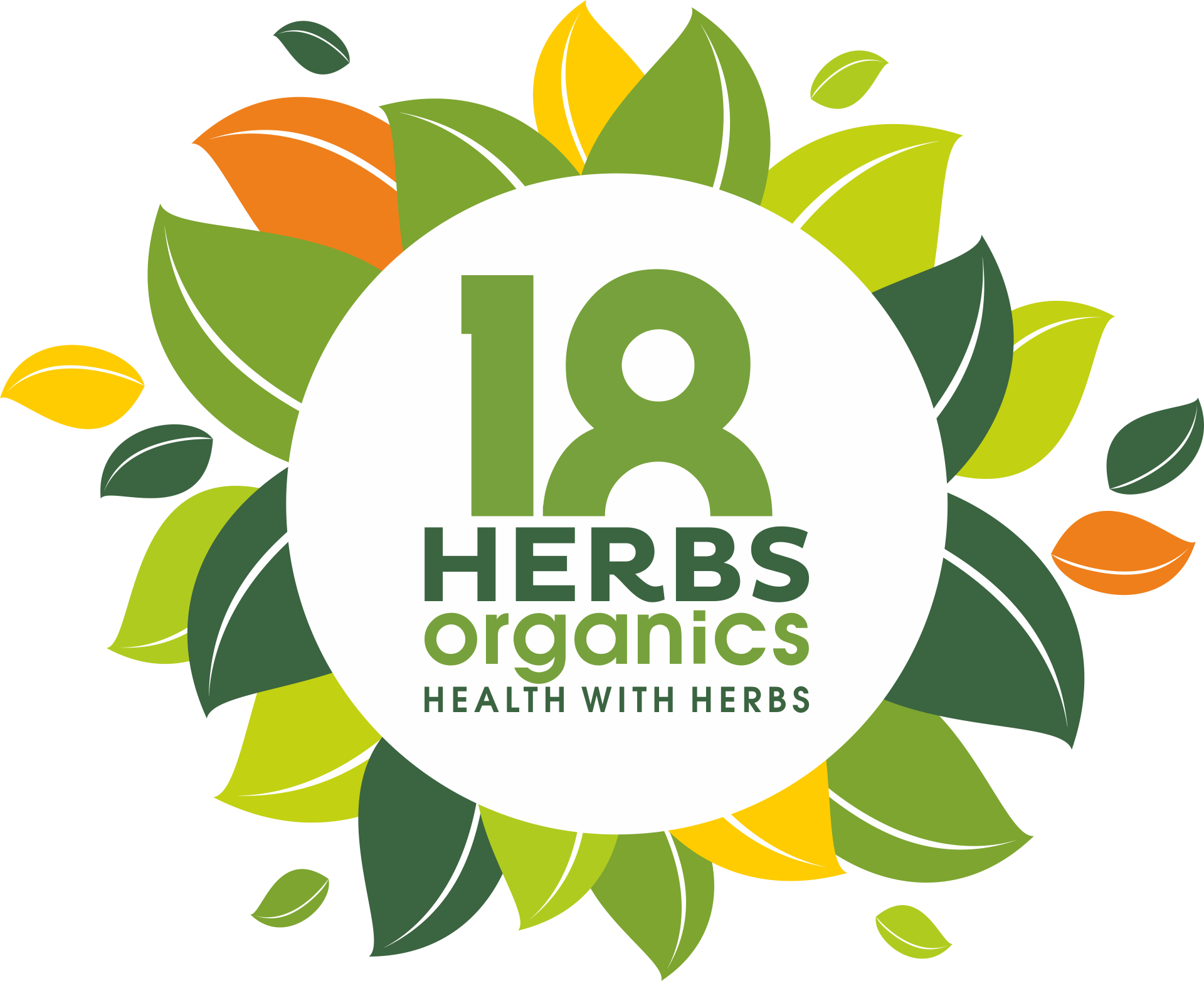“Indians are protein deficient, and it needs immediate attention” screamed headlines of a popular National Indian newspaper recently. A 2017 report of Indian Market Research Bureau (IMRB) states that protein deficiency among Indians stands at more than 80 percent, as measured against the recommended portion of 60g per day.
This is despite the growing craze of protein in take among people lately for a balanced diet, building muscle and supporting an active lifestyle.
With this there has been a growing interest and demand in plant-based proteins seemingly due to food safety concerns, ethical reasons, the negative consequences of genetically modified foods and sustainability of other protein sources.
Whichever diet you follow, proteins are essential. Proteins are avital component of every cell in the human body. Your body uses proteins to build muscles, repair tissues, and produce enzymes, hormones, and other important biochemicals. The fact that the body does not store the synthesized proteins unlike it stores carbohydrates and fat makes it even more significant that you need a regular and steady protein source for bodily requirements.
Power of Plant-based Protein
A common myth about plant-based diets is that they lack in protein. Not only is this baseless, but also that plant-based proteins provide some amazing health benefits in addition to providing easily digestible protein.
By swapping plant proteins for animal proteins, you can also minimize your calorie intake and boost daily nutrient profile.
Mucuna – A Powerhouse of Plant-based Protein
Mucuna seeds have been reported to contain high level of protein (26-30%) and starch (34-40%), desirable amino acids, fatty acids and mineral composition with good nutritional properties (Pugalenthi and Vadivel 2006).
Due to its high protein concentration, Mucuna is a rich source of dietary and highly digestible plant protein.
Mucuna, popularly known as velvet beans, is used as herbal drug to treat neurological problems for its neuroprotective effects. The biological name of the plant is Mucuna pruriens and called Kapikachu in sanskrit.
Different parts of mucuna plant are beneficial and widely utilized in Ayurveda and traditional medicine for their anti-diabetic and anti-microbial properties. Mucuna contains the highest natural source of amino acid L-Dopa, a neurotransmitter that helps increase dopamine levels. Dopamine has many functions in the brain and in the nervous system as a whole promoting vitality, cognition, learning, fertility, sexual desire, assertiveness and many more.
It is a natural anti-depressant, facilitates decrease in stress and anxiety levels.
In the ancient Indian system of Ayurvedic medicine, Mucuna is widely respected as a powerful anti-inflammatory and purifying herb, and frequently used in treatment of arthritis, pain relief and also a potent anti-venom due to presence of anti-neurotoxic and anti-cardiotoxic chemicals that nullify the toxins released into bloodstream from snake bite.
HerboProtein
HerboProtein, from 18 Herbs Organics, is a plant-based powder made from 100% organically certified Mucuna. HerboProtein is one of the best sources of plant-based dietary protein – natural, vegan, soya and dairy-free and non-GMO.
Regular intake of this powder builds muscle and aids in weight gain in addition to the host of other benefits.

